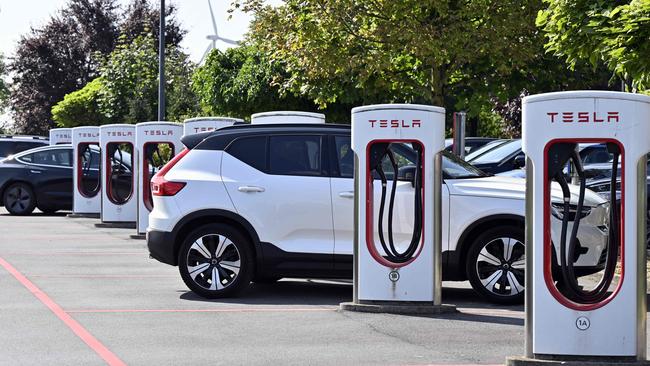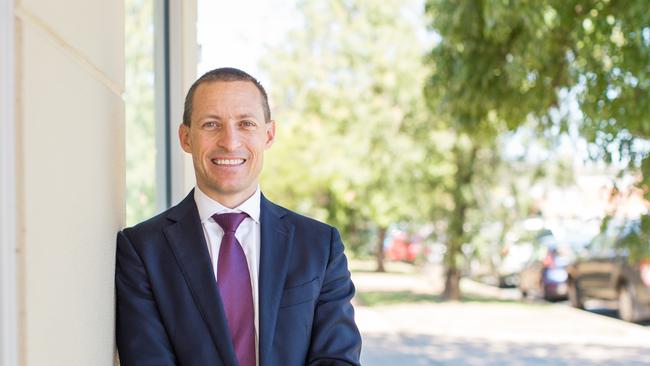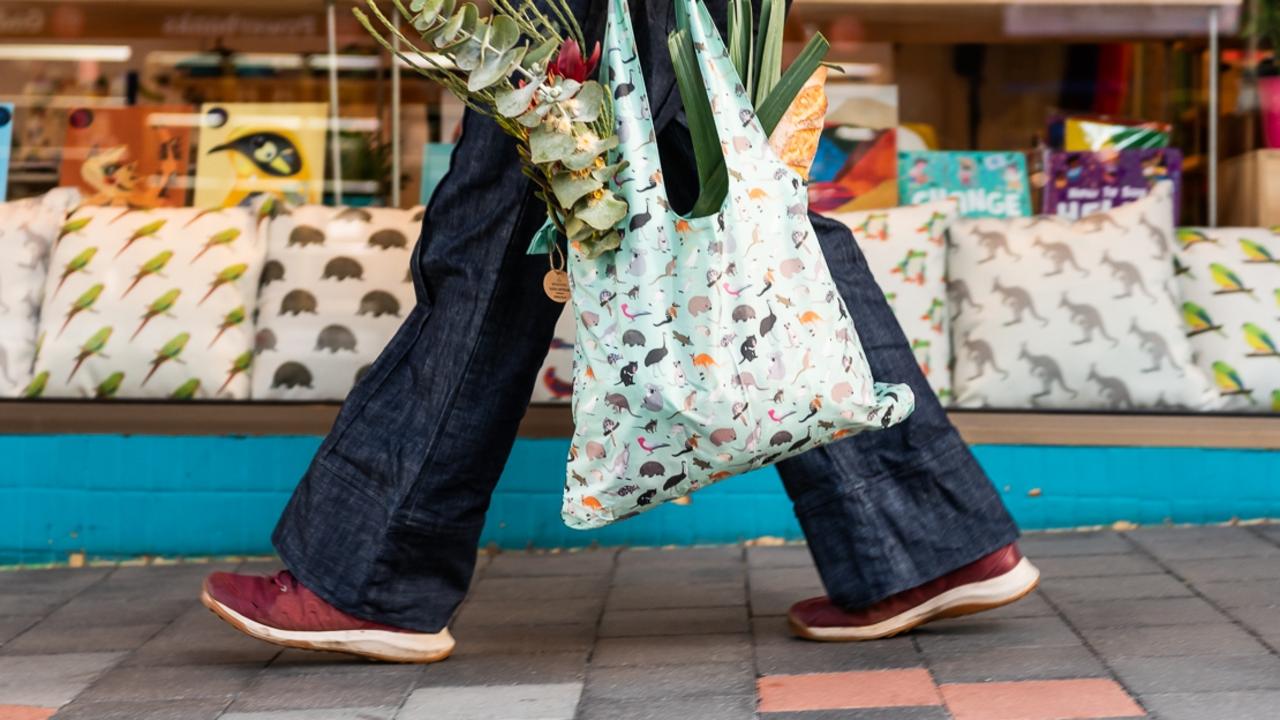Recession worries fail to dent business’ appetite for upgrading cars and machinery
Despite the ever-present economic gloom, new electric vehicles and hybrids are prominent among a wave of assets businesses have sought funding for, Commonwealth Bank says.

Commonwealth Bank has reported an appetite among businesses for finance to fund new machinery and vehicles, despite the gloomy economic backdrop.
CBA reported a 15 per cent lift in new vehicle and equipment financing across its business bank, despite a fall in new business driven by the end of the instant asset write-off tax scheme.
CBA business lending executive general manager Grant Cairns said demand for finance was strong.
He said arrears were limited and there had been a slight lift in customers seeking assistance after falling behind on payments.
Mr Cairns said the manufacturing, healthcare, and education sectors were driving new business for CBA.
The career banker said the increase in borrowing was driven by an opening up of supply, as companies were better able to access global markets, as well as continued growth in segments of the market.
This is despite Australia’s economy growing by just 0.2 per cent in the June quarter.
Mr Cairns said many businesses were renewing equipment, instead of sweating ageing assets.
The 19-year banking veteran said CBA’s previous experience of a slowing economy showed companies would try to hold on to ageing assets rather than replace them.
“Many businesses are recognising the benefit of upgrading equipment,” Mr Cairns said.
“Certainly five or six years ago we did see customers sweating assets.”

CBA reported a boom in electric and hybrid vehicle sales, as companies added new vehicles to their fleets.
Motor vehicle lending was up 55 per cent over the year.
Hybrid vehicle purchases were up 533 per cent and electric vehicles up 254 per cent.
But Mr Cairns noted the big jumps were coming off low bases.
Insurance Australia Group recently announced it would purchase a 900-strong fleet of electric vehicles and install domestic EV chargers in the homes of employees using the company cars. IAG earlier purchased 110 low-emission vehicles.
Mr Cairns said healthcare companies were investing in new medical equipment, while manufacturers were ploughing cash into automation and robotics.
He said educational institutions were also investing in new computer systems and IT equipment.
But Mr Cairns said a rising number of business customers were seeking assistance.
He said arrears were still very low, but the bank was offering to restructure distressed loans or put in place payment holidays for troubled customers.
Data from the Australian Securities & Investments Commission shows 1238 businesses collapsed in July, with 11,053 companies entering external administration across the country last year.
But Mr Cairns said CBA was not scaling back lending to certain sectors or parts of the country, noting the bank was monitoring business trends “very, very closely”.
“We periodically conduct stress tests across our portfolio and look at early indicators of arrears and having early conversations with clients in trouble,” he said.





